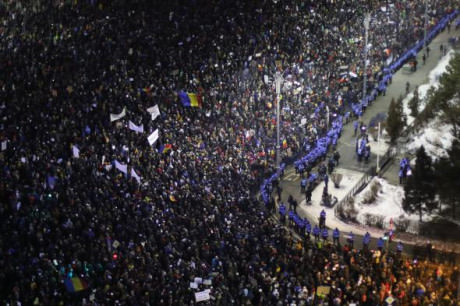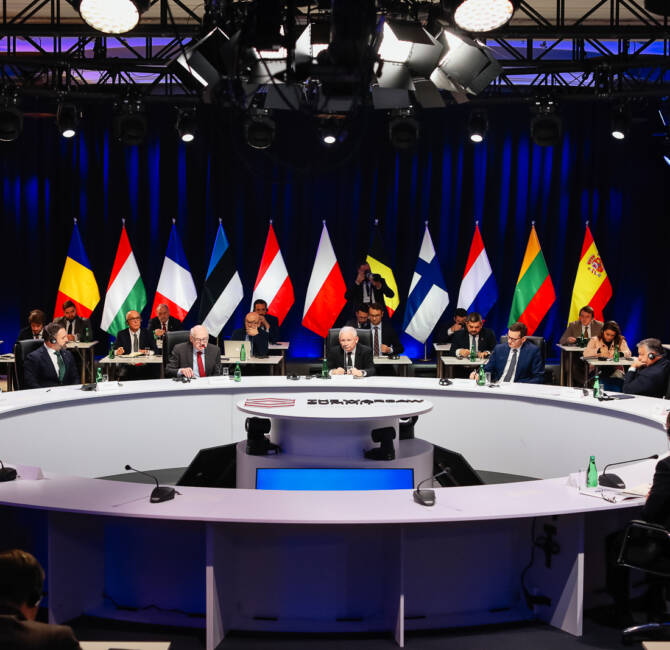Slovenia/European Union– As we recently reported, Slovenia’s presidency of the European Union, which we predicted would be stormy and marred by conflict, is indeed off to a flying start, and the EU’s leaders in Brussels have not been mistaken in seeing in Slovenian Prime Minister Janez Janša an adversary of the calibre of his Hungarian counterpart Viktor Orbán.
“You don’t judge a person based on imaginary European values”
At a time when European Commission President Ursula Von der Leyen was announcing, on 2 July, that Hungary had been served with a formal notice for violating the protection of sexual minorities because of its child protection law adopted on 15 June by the National Assembly in Budapest, explaining that “The debate is about the fact that Hungarian law discriminates against a minority, which is prohibited by the EU Treaty”, and at a time when Von der Leyen is also considering taking legal action against Poland because of the so-called “LGBT ideology-free zones”, the incoming president of the EU Council was keen to remind Brussels leaders of the dangers of “double standards”:
“You don’t judge a person based on imaginary European values, and if dual standards are used, then I think this is the fastest road to collapse. ”
Janša based his warning on the Yugoslav precedent, which he knows well: “Up to 30 years ago Slovenia lived in the former Yugoslavia and it was supposedly federal.. There were five or six nations, three religions, six republics, two autonomous provinces, and the country fell apart for different reasons, but the last nail in the coffin was when some people started using special criteria for themselves, applying double standards.”
“The European Union brings together countries with different traditions”
Thus, from the very beginning of Slovenia’s presidency of the EU, Janez Janša has taken up the role of Central Europe’s advocate, defending the right to different views within the European Union:
“The EU without central Europe is not a European union – it will be just a shell and we should all be aware of it”,
he warned, implicitly supporting Budapest and Warsaw. “The European Union brings together countries with different traditions, with different cultures, so this all rests on the fundamental European civilizations,
but there are differences that need to be taken into account and respected, and I think there’s a clear division between national and European competences.
[…] I do not believe in stigmatizing anyone in Europe or in the European family, whether it is a member state of the European Union or its leader […] I cannot agree to the division between liberal and illiberal democracy. […] Democracy is democracy […] We are trying to warn everyone against double standards […]
We are not a colony. We are not a second-class member of the European Union […] We insist that we ought to get the same treatment.
Yes, there are attempts to ensure that at least the small countries of the European Union are treated as second-class members. We left [Yugoslavia] of which we were a part because we were treated as second class.”
“I didn’t notice he was missing”
Commenting on the fact that European Commission Vice-President Frans Timmermans had declined to appear in the “family photo” on 1 July as a form of protest against him, Janez Janša simply said: “I have to say that I didn’t really notice at the time. There were many of us standing on the podium, I didn’t notice that he was missing. I heard today that he was not there… During this talk, we also had some specific questions concerning the rule of law and we provided our answers to those questions…
If the Vice-President of the European Commission took offence at these answers, then it should be said that it was not us who started the discussion, we only wanted to explain the situation. And if you dislike the truth, then this is actually your problem, this is not a problem with the truth.




